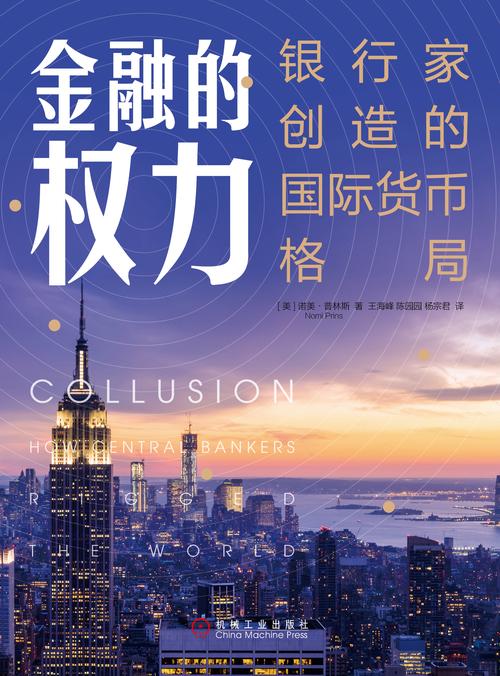Understanding the Capitalism, Money, Power, and Wealth Game
Have you ever wondered how the world of capitalism, money, power, and wealth intertwine to create a complex game? In this article, we will delve into the intricacies of this game, exploring its various dimensions and how they interact with each other. By the end, you’ll have a clearer understanding of the dynamics at play.
What is Capitalism?
Capitalism is an economic system where the means of production are owned by private individuals or entities. It is characterized by free markets, competition, and the pursuit of profit. In a capitalist society, individuals and businesses have the freedom to buy, sell, and trade goods and services without government intervention.

The Role of Money
Money serves as the medium of exchange in a capitalist society. It allows individuals and businesses to trade goods and services, making transactions more efficient. Money also acts as a store of value, enabling people to save and invest for the future. However, the accumulation of wealth can lead to power imbalances and social inequalities.
Power Dynamics
Power is a crucial element in the game of capitalism, money, and wealth. Those with significant wealth often hold considerable power, influencing political, economic, and social decisions. This power can be used to maintain or increase wealth, further entrenching the power of the elite. Conversely, those with less wealth may struggle to gain a foothold in the game, leading to social unrest and dissatisfaction.
Creating Wealth
Creating wealth in a capitalist society involves various strategies and opportunities. Some individuals and businesses succeed by innovating and creating new products or services, while others may accumulate wealth through inheritance or speculation. However, the process of creating wealth is not always fair or equitable, as some individuals may have more access to resources and opportunities than others.
| Method | Description | Example |
|---|---|---|
| Innovation | Developing new products or services that meet market demands. | Steve Jobs and Steve Wozniak creating the Apple computer. |
| Investment | Investing in stocks, real estate, or other assets to generate returns. | Warren Buffett’s investment strategies. |
| Inheritance | Receiving wealth from family members through inheritance. | The heirs of the Walmart fortune. |
| Speculation | Investing in assets with the expectation of high returns, often involving risk. | Day trading in the stock market. |
Challenges and Inequalities
Despite the opportunities for wealth creation, capitalism also presents challenges and inequalities. Access to education, healthcare, and other essential resources can vary significantly, impacting an individual’s ability to participate in the game. Additionally, systemic issues such as racism, sexism, and classism can further exacerbate these inequalities.

The Impact of Wealth on Society
Wealth can have a profound impact on society. On one hand, it can lead to the development of infrastructure, education, and healthcare, improving the overall quality of life. On the other hand, excessive wealth concentration can lead to social unrest, as the gap between the rich and the poor widens. It is essential to strike a balance between wealth creation and equitable distribution.
The Future of the Game
The game of capitalism, money, power, and wealth is constantly evolving. As technology advances and global markets become more interconnected, new opportunities and challenges will arise. It is crucial for individuals, businesses, and governments to adapt and address the issues that arise, ensuring a fair and sustainable future for all.
In conclusion, the game of capitalism, money, power, and wealth is a multifaceted and complex system. Understanding its various dimensions and the interactions between them is essential for navigating this game successfully. By addressing the challenges and inequalities that arise, we can strive for a more equitable and sustainable future.



